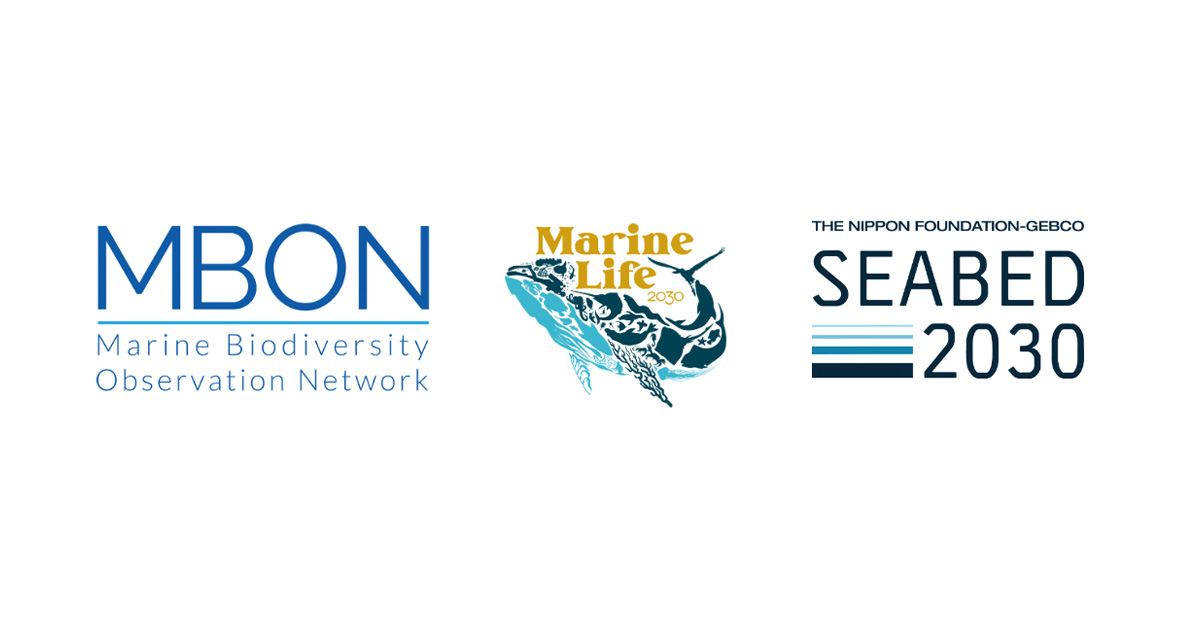The memorandum of understanding signed by the parties outlines their commitment to advancing the field of ocean exploration, with a particular focus on the observation of marine life.
Seabed 2030 is a collaborative project between The Nippon Foundation and GEBCO to inspire the complete mapping of the world’s ocean by 2030 and to compile all bathymetric data into the freely available GEBCO Ocean Map—it is also a formally endorsed Decade Action of the UN Ocean Decade. GEBCO is a joint program of the International Hydrographic Organization (IHO) and the Intergovernmental Oceanographic Commission (IOC) and is the only organization with a mandate to map the entire ocean floor.
The Marine Biodiversity Observation Network (MBON)—of the Group on Earth Observations Biodiversity Observation Network (GEO BON)—is a global collaborative initiative that contributes to the effective management of marine biodiversity and ecosystem services. By combining data from a range of sources, including satellites, sensors, and field observations, MBON provides valuable insights into the health and trends of marine ecosystems. Additionally, the organization serves as the coordinator for the Marine Life 2030 Program—also an endorsed Decade Action of the Ocean Decade.
Marine Life 2030 is committed to establishing a globally coordinated system delivering knowledge of ocean life and, in so doing, improving livelihoods, promoting sustainable development, and ocean conservation. The Program’s vision is that by 2030 and beyond, anyone, anywhere in the world, will have access to information on marine species and ecosystems. In order to encourage a sustainable future for the planet, Marine Life 2030 also analyses how species are shifting with climate change and management interventions.
“It’s a pleasure to welcome MBON and Marine Life 2030 to Seabed 2030’s valued network of partners,” commented Seabed 2030 Project Director Jamie McMichael-Phillips. “The essential work of these organizations helps empower the world to make informed policy decisions on marine biodiversity and ocean sustainability.”
Frank Muller-Karger MBON Co-Chair and Marine Life 2030 Co-Lead, said: “A coordinated global ocean biodiversity observing system would provide the data, information, and knowledge needed to inform the progress towards the global targets of the UN Sustainable Development Goals, including SDG 14.
“We look forward to joining Seabed 2030 and the international effort behind deepening our understanding of the ocean and, ultimately, working towards its sustainable management.”
The partnership between MBON, Marine Life 2030, and Seabed 2030 exemplifies the collaborative effort underway in pursuit of a vital common goal - mapping the world’s ocean floor and protecting its ecosystems. All data collected and shared with the Seabed 2030 project is included in the free and publicly available GEBCO global grid.



